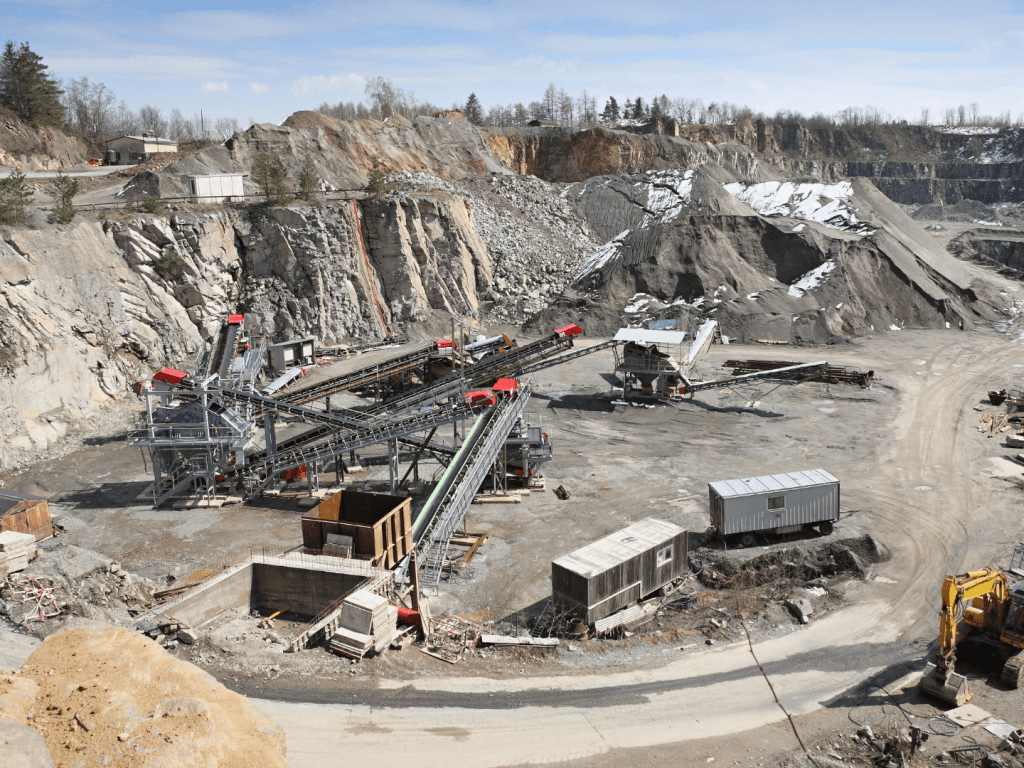South Africa’s mining sector contributed over R200 billion to the economy in 2024 and created thousands of jobs in rural communities, yet social and economic benefits remain uneven as mine closures, poor consultation and limited local development continue to spark tension.
According to the Minerals Council South Africa, mining companies invested nearly R965 million in enterprise development last year, supporting over 2,600 small businesses and creating more than 19,000 jobs in remote regions. Companies such as Exxaro and Implats have increased spending on education, skills training, and local infrastructure in mining-affected areas.
However, civil society groups and researchers warn that these initiatives often fall short of meaningful impact. “Many Social and Labour Plans are top-down, poorly implemented, and lack real community participation,” said the Centre for Applied Legal Studies at Wits University in a recent report.
On May 25, 2025, GroundUp reported that Mining communities across Limpopo and Mpumalanga continue to report broken promises around housing, water, and sanitation. In some cases, families have been displaced without adequate compensation, while local economies collapse when mines shut down without long-term transition plans.
ALSO READ:
More than hard hats: Mining sector confronts mental health crisis
Environmental damage is another growing concern. Studies by the University of Pretoria show that abandoned mines often leave behind contaminated water sources and infertile soil, undermining food security and livelihoods.
Mining companies say they are trying to do better. Sibanye-Stillwater, for instance, has committed to long-term community development beyond the life of its mines. Gold Fields has tied its community engagement to risk management and business sustainability.
In May 2025, a coalition of mining-affected communities launched a report titled Concrete Models of Socially-Owned Renewable Energy: The Case of Sekhukhune Combined Mining-Affected Communities. The report calls for mandatory community ownership in future renewable energy projects, arguing that mining regions should benefit from the green energy transition just as they have borne the burden of past extraction.
While the mining sector remains a key employer in rural South Africa, the challenge now lies in ensuring that economic benefits are lasting, equitable, and environmentally sound—especially as many mines near the end of their lifespan, the sector must ensure that communities are not left behind, but empowered to thrive beyond extraction


